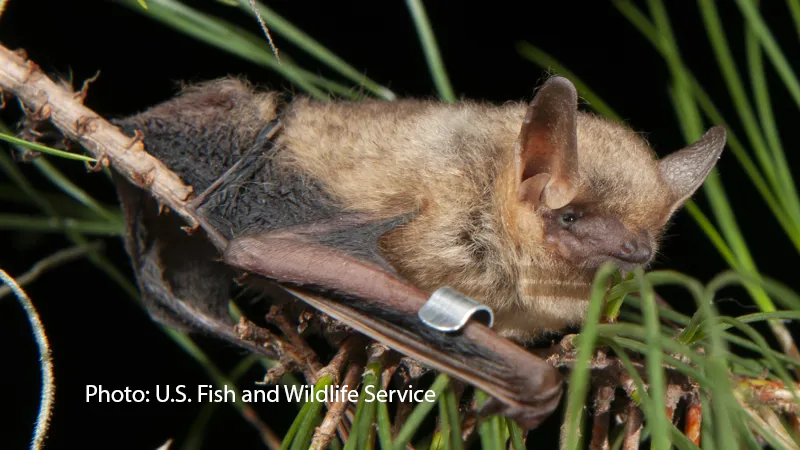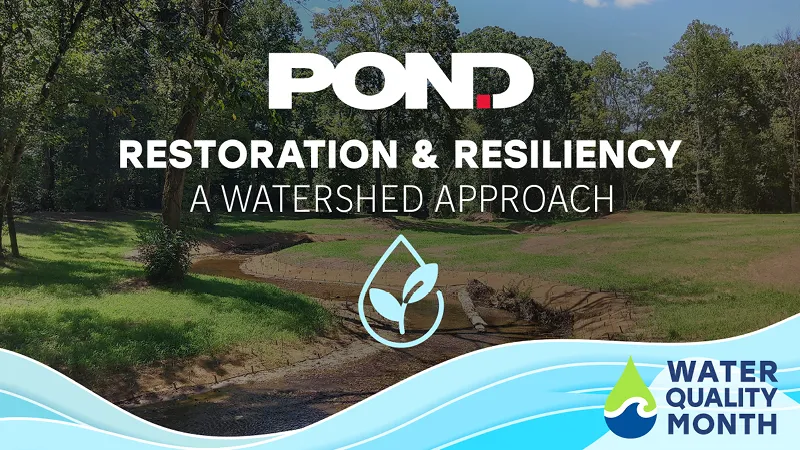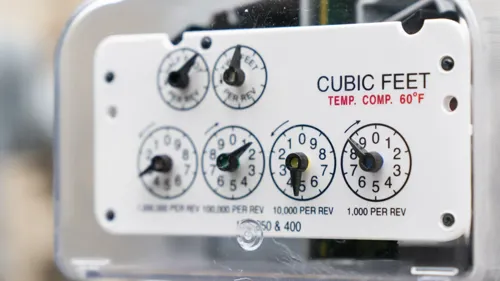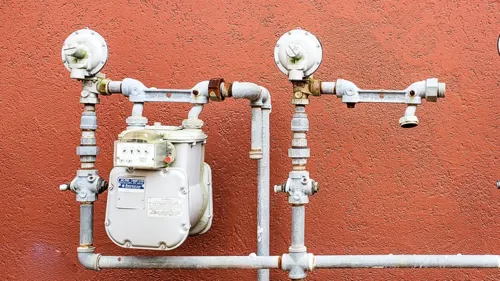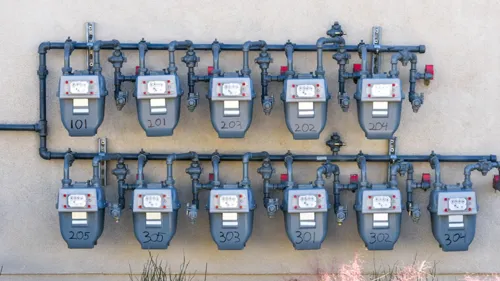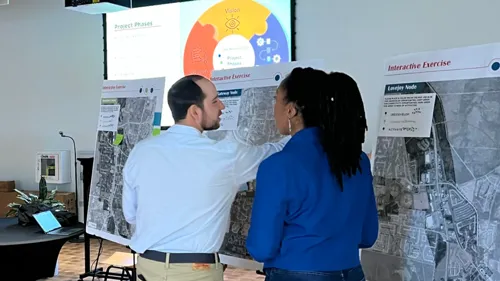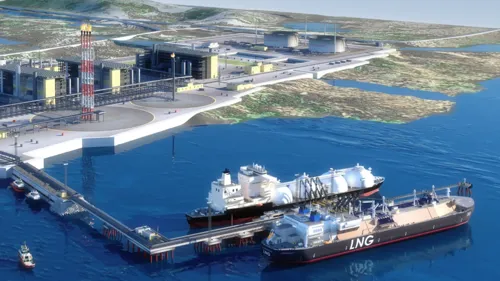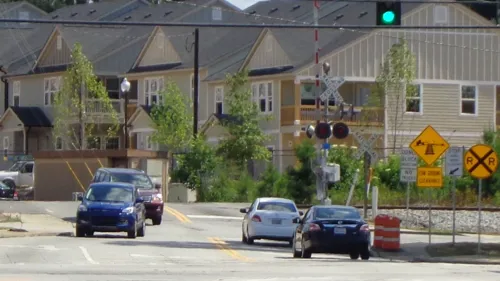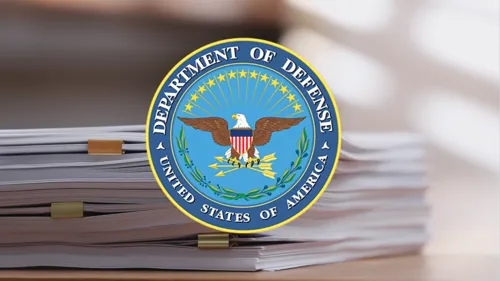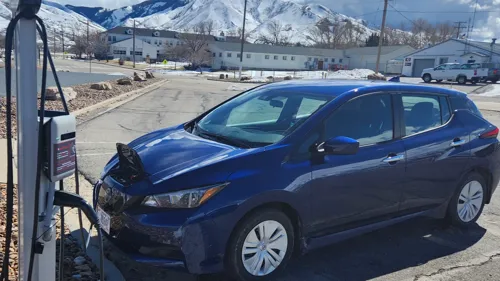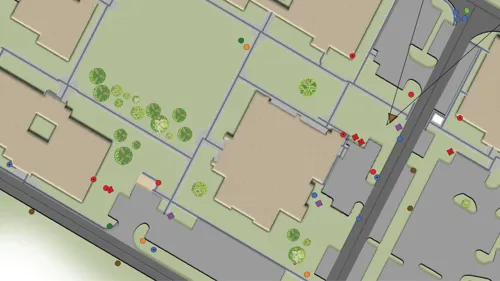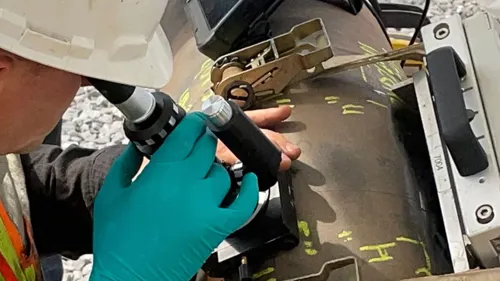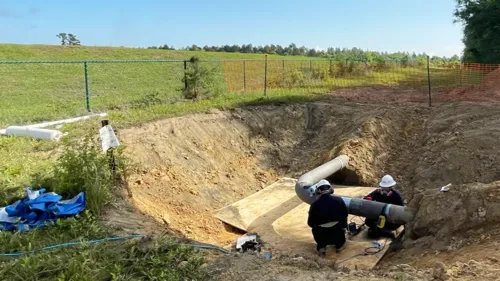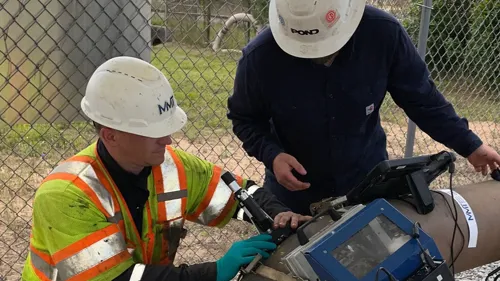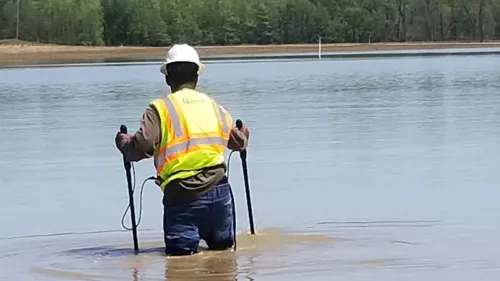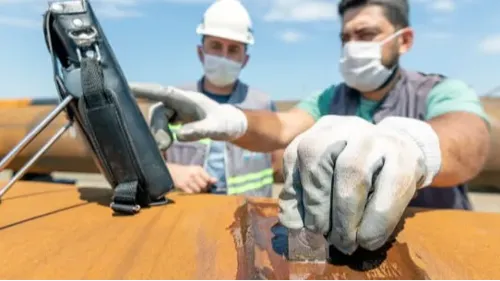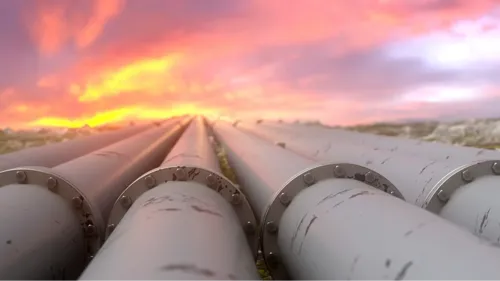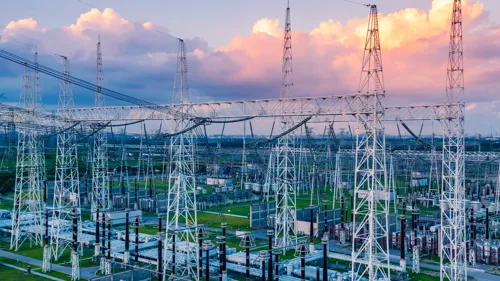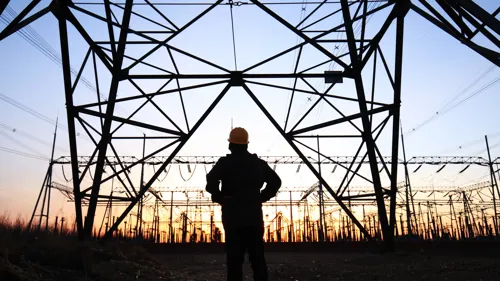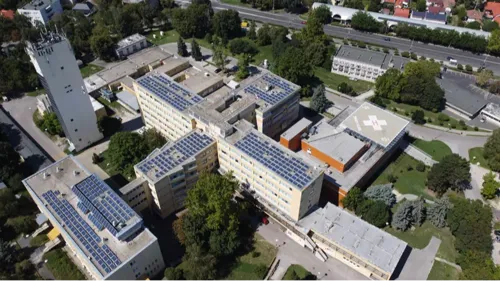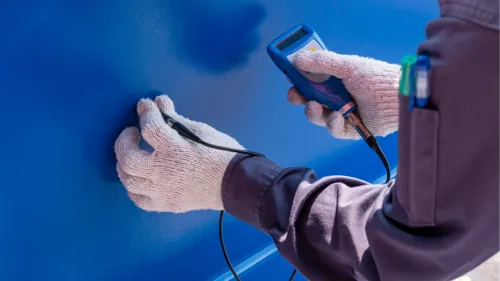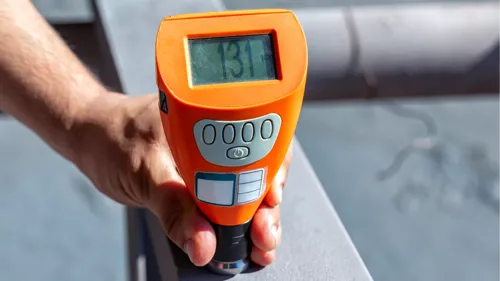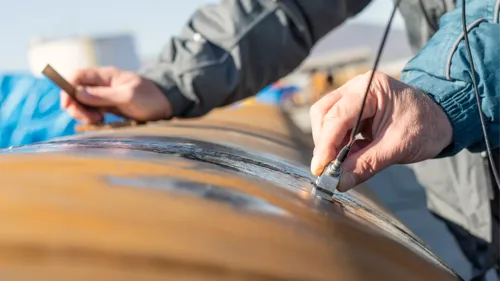Understanding NPRM DIMP: Inspections, Tests, and Miscellaneous Amendments
Author:
Andy Lawton, PE | Principal - Vice President | [email protected]
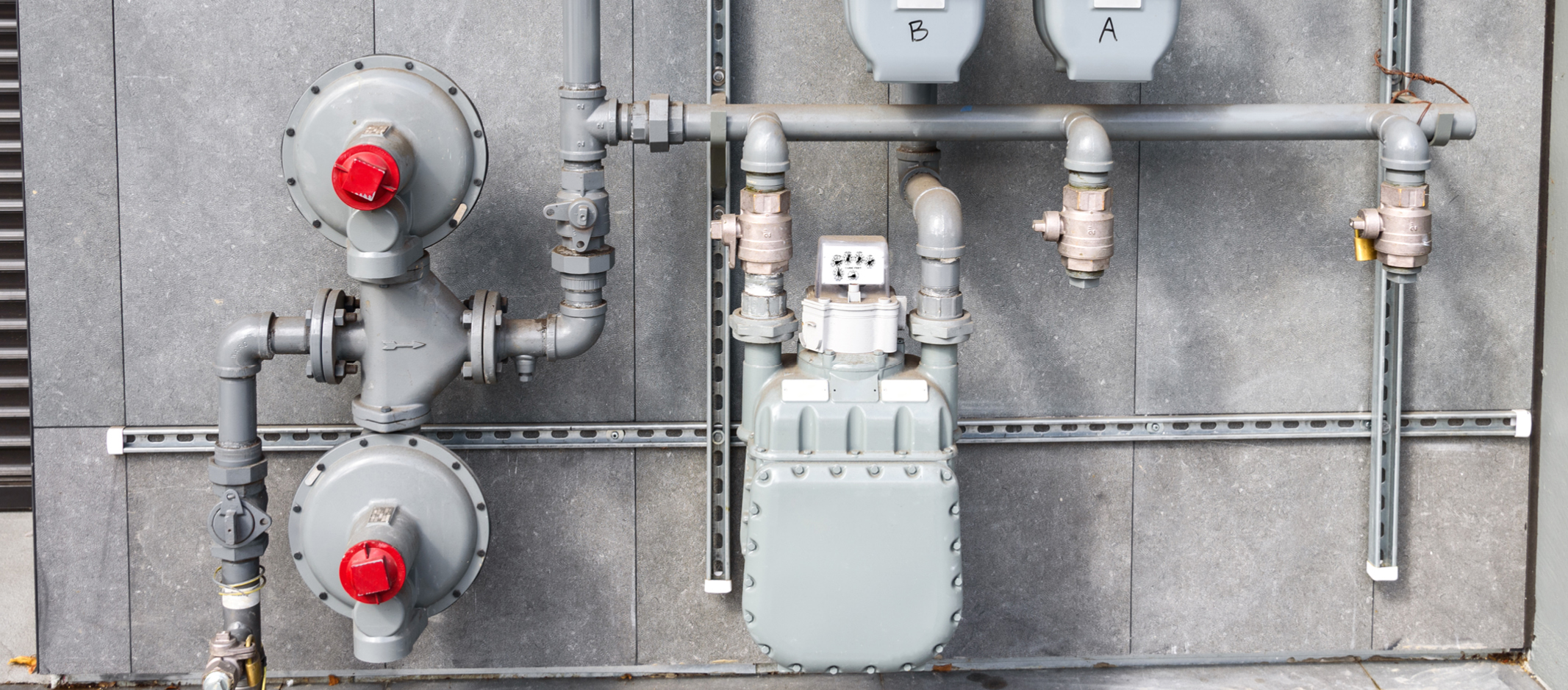
Introduction
In early 2023, the Pipeline and Hazardous Materials Safety Administration (PHMSA) proposed revisions to the pipeline safety regulations for natural gas distribution lines after the 2018 Merrimack Valley incident, which resulted in one fatality. Revisions include emergency response plans, operations and maintenance manuals, recordkeeping practices, and district regulator stations. PHMSA’s aim in these revisions is to prevent catastrophes caused by the overpressurization of low-pressure distribution systems.
Overview of Proposed Amendments:
- Inspection: General (§ 192.305)
- Records: Tests (§§ 192.517 and 192.725)
- Miscellaneous Amendments (§§ 192.3 and 192.9)
Inspection: General
The current inspection requirements state that each transmission line or main must be inspected to ensure it is constructed under the requirements in § 192.305. In 2015, PHMSA proposed a modification to specify that an inspection must be done by someone not involved in construction. PHMSA received petitions to reconsider the amendment over concern that smaller operators may find it particularly difficult to complete inspections within these parameters, given that only one or two personnel may be available. The American Public Gas Association found that, at the time, 585 municipal gas utilities had five employees or fewer. In response, PHMSA indefinitely delayed the § 192.305 amendment.
Proposal To Amend 192.305
PHMSA seeks to add paragraphs (a) and (b) to relocate the existing language in the suspended amendments and address concerns about the potential impact on small operators. If adopted, § 192.305(a) would require each part 192-regulated pipeline and distribution main that is newly installed, replaced, relocated, or otherwise changed to be inspected using different personnel than those involved in construction. Paragraph (b) would provide an exception for small distribution operators for whom limited staffing would pose a challenge. In this case, the justification must be documented and retained for the life of the pipeline.
Records: Tests
Currently, section 192.517(b) outlines testing requirements for all pipelines, stating that each operator must maintain a record of each test for pipelines operating below 100 psi (192.509), service lines (192.511), and plastic pipelines (192.513) for at least five years. Similarly, section 192.725 states that disconnected service lines must be tested in the same manner as a new service line before being reinstated.
Proposal To Amend 192.517 and 192.725
Following numerous safety recommendations, PHMSA is proposing an amendment to § 192.517 to require that test records be kept for the entire life of a pipeline, as opposed to just five years. Additionally, PHMSA seeks to require that the records of these tests contain, at a minimum, information about the operator, the individual or company used to complete the tests, the pipeline segment being tested, test date, medium, pressure, duration, and any leaks or failures noted. PHMSA also seeks to revise § 192.725 to clarify that “tested in the same manner as a new service line” in the existing regulation means “tested in accordance with subpart J of this part”. Subpart J prescribes minimum leak-test and strength-test requirements for all pipelines.
Miscellaneous Amendments
In 2022, PHMSA published a final rule titled “Pipeline Safety: Requirement of Valve Installation and Minimum Rupture Detection Standards”, otherwise known as the Valve Rule. This final rule amended 49 CFR parts 190 through 199 to mitigate the public safety and environmental consequences of pipeline ruptures. Among the amendments were enhanced emergency planning and notification requirements applicable to all part-192 regulated pipelines. However, in 2023, the DC Circuit vacated a piece of the rule related to safety valve requirements for gas gathering lines.
Proposal To Amend 192.3 and 192.9
The amendments introduced in the Valve Rule were modest refinements to the long-standing emergency response planning and notification requirements already in place. PHMSA proposes several amendments to restore certain procedures for gathering lines that were vacated by the DC circuit. PHMSA seeks to amend §§ 192.3 and 129.9 by removing language that excludes the application of the Valve Rule’s amendments to offshore gas gathering, Type A, and Type C gas gathering lines. These provisions are meant to be a common-sense, baseline expectation ensuring operators use a timely, coordinated response in the event of a pipeline emergency.
How Pond Can Help
Pond provides full-service consulting for integrity management, risk assessment, pipeline design, and field services for natural gas distribution lines. In compliance with PHMSA and its expanded regulations, our experts work with natural gas operators to mitigate risks and ensure safety for the community, the environment, and nearby infrastructure. Learn more about Pond’s comprehensive regulatory compliance expertise.

